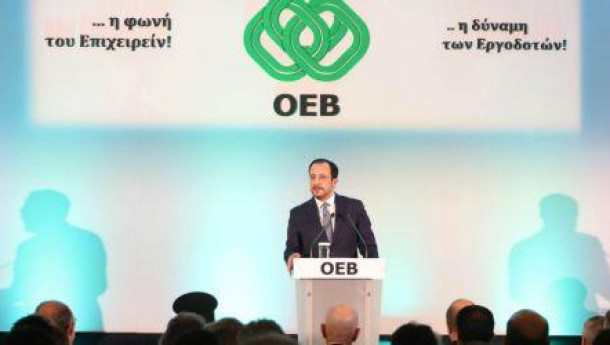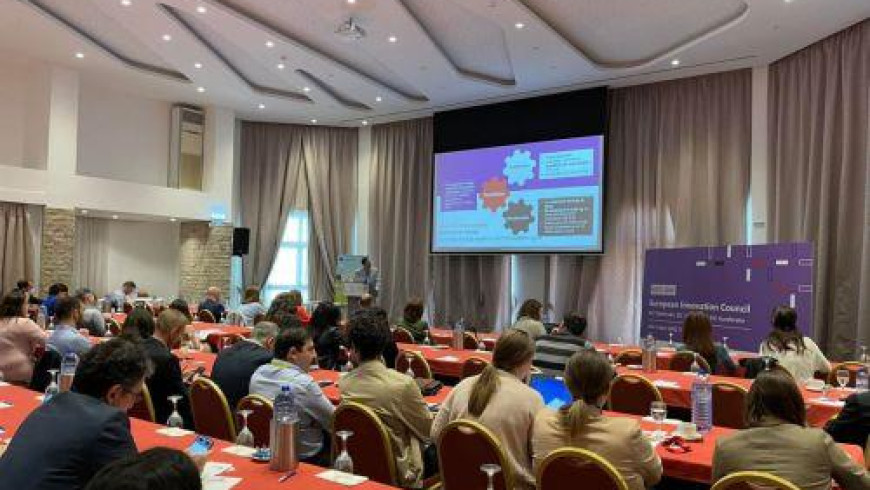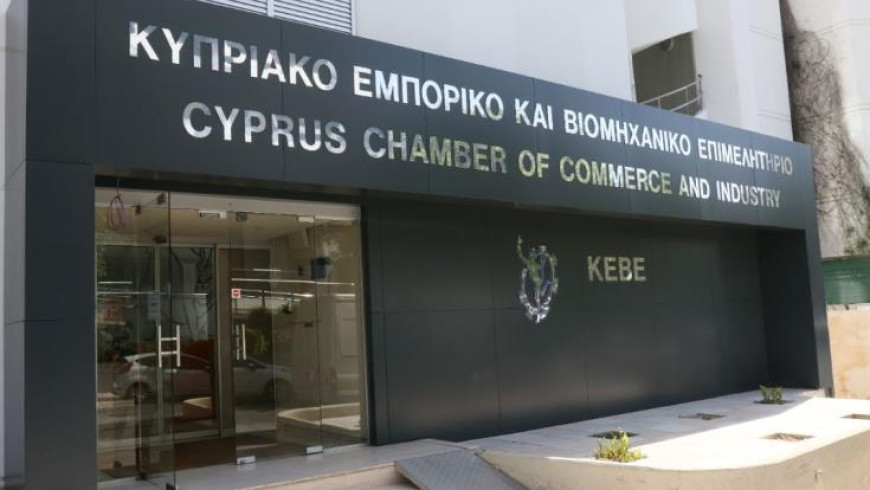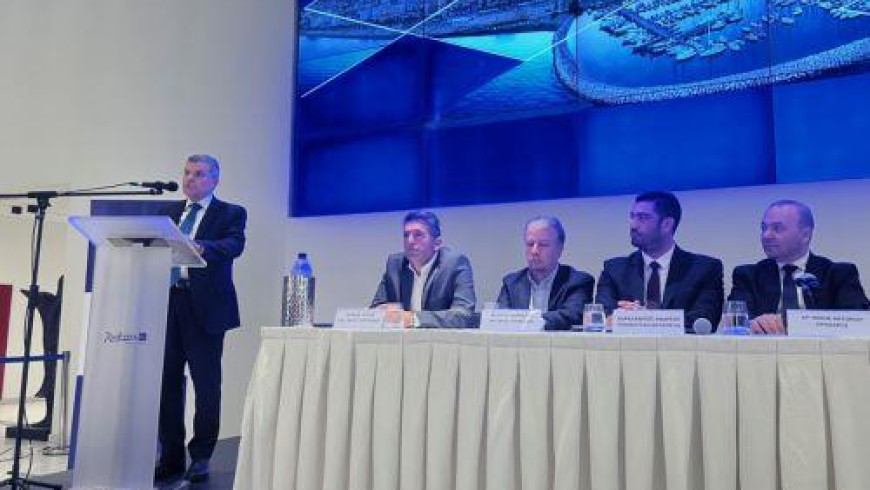
Cyprus’ President Nikos Christodoulides announced Tuesday the government's decision to institutionalize direct dialogue with the business community. The announcement was made during the 63rd General Assembly of the Cyprus Employers and Industrialists Federation (OEB) in Nicosia. The President announced an upcoming meeting, scheduled for late May at the Presidential Palace, with participation of key stakeholders including the Cabinet, OEB, the Cyprus Chamber of Commerce and Industry (KEBE), and the Association of Banks.
Furthermore, President Christodoulides said that next Monday he will convene the Cabinet to examine the implementation plan of 88 actions announced by the government earlier this year.
"My presence here today, along with almost the entire Cabinet, beyond the recognition by the State of the significant role you play, demonstrates, in the most tangible way, the importance we attach to continuous dialogue with the business community, so that our policies and actions are aligned, in order to effectively address the challenges facing the business community in our country and to promote our common goals," stated the President.
Subsequently, President Christodoulides said that he was seeking genuine and substantive cooperation between the public and private sectors, noting that "through this cooperation, we can create a more favourable environment for businesses, promote innovation and entrepreneurship, and achieve sustainable economic development that will benefit the entire society."
President Christodoulides highlighted the challenges posed by regional instability and global geopolitics on Cyprus' economic landscape. Speaking on the matter, he underscored the harmful effects of such uncertainties on markets and trade. Furthermore, he pointed out the country’s vulnerability to external influences due to its island status, leading to escalated costs in goods and energy. In response to these dynamics, he stressed the importance of implementing measures and policies aimed at bolstering the economy's resilience and competitiveness, while ensuring the welfare of its citizens. The President stressed the importance of thorough planning and continuous vigilance to prevent the reoccurrence of past adversities.
In this context, President Christodoulides stressed the need for fiscal responsibility, a stable financial sector, and bold and continuous reforms. These, as he said, "are the three pillars on which we base our economic policy."
President Christodoulides also emphasized the importance of enhancing Cyprus's credibility as a fundamental step towards fostering a stable environment. Addressing concerns about practices that could negatively impact the country's international reputation, he reiterated the government's unwavering commitment to maintaining zero tolerance for such behaviours. Stressing the imperative of rebuilding the nation's reputation, the President asserted the need of leaving behind past practices that have tarnished Cyprus' image. He pointed out that restoring credibility was essential to attracting quality investments and generating new employment opportunities.
In alignment with this goal, President Christodoulides announced initiatives aimed at fortifying Cyprus' reputation on the global stage. These include the establishment of the National Sanctions Implementation Unit and the Single Supervisory Authority for administrative service providers. Additionally, he revealed plans for a coordinated effort to rebrand the country abroad, marking a significant departure from previous strategies and inviting stakeholders to join in this collective endeavour.














 3287.99
3287.99 1275.09
1275.09
